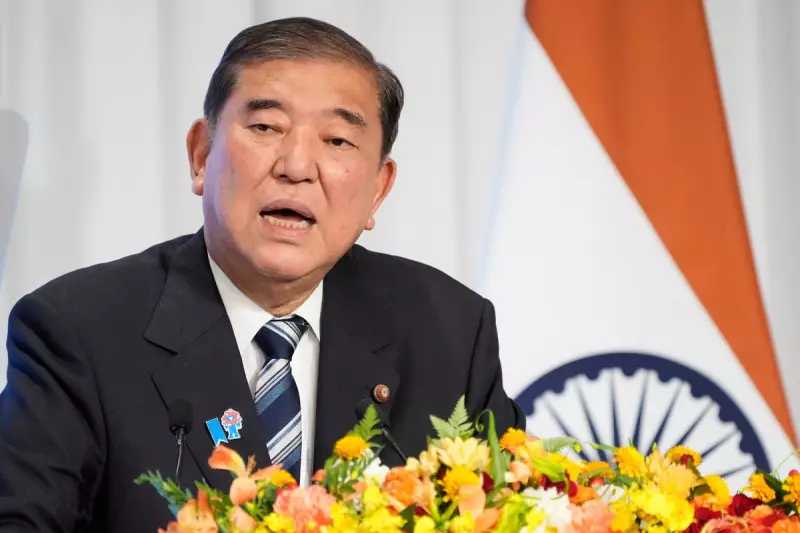
In a move that sends shockwaves through Japan's political establishment, former Defence Minister Shigeru Ishiba has formally declared his intention to challenge Prime Minister Fumio Kishida for the leadership of the ruling Liberal Democratic Party (LDP). This sets the stage for a high-stakes internal battle that will determine the nation's direction.
The announcement, made during a speech in Tottori Prefecture, positions Mr Ishiba as a formidable contender against the increasingly unpopular Mr Kishida. The leadership vote is scheduled for September, with the winner virtually guaranteed to become Japan's next prime minister given the LDP's parliamentary majority.
A Seasoned Challenger Enters the Fray
Mr Ishiba, a 67-year-old political veteran who has held multiple cabinet positions including defence minister, brings significant experience and a distinct political philosophy to the contest. Having run for the LDP leadership four times previously, he represents a more hawkish, security-focused wing of the party.
His declaration comes at a critical juncture for Mr Kishida, whose administration has been plagued by slumping approval ratings, economic stagnation, and a damaging political funds scandal that has eroded public trust.
Public Dissent and Party Divisions
Recent opinion polls paint a bleak picture for the current administration, with approval ratings hovering near record lows. More significantly, surveys indicate that among the general public, Mr Ishiba is the preferred choice to succeed Mr Kishida—a fact that will undoubtedly influence LDP parliamentarians concerned about their electoral prospects.
The leadership contest will be decided by a combination of votes from LDP Diet members and party members across Japan's 47 prefectures. This system gives Mr Ishiba a potential pathway to victory if he can mobilise grassroots support despite potentially trailing in parliamentary backing.
Policy Divergences and Future Directions
While both candidates hail from the conservative LDP, they represent different factions and policy priorities. Mr Ishiba has traditionally advocated for a more robust defence posture and greater military spending, aligning with Japan's recent security reforms. He has also positioned himself as a critic of the Bank of Japan's controversial monetary policies.
The outcome of this leadership battle will have profound implications for Japan's economic policy, defence strategy, and diplomatic relationships at a time of increasing regional uncertainty and global economic challenges.
As the September vote approaches, all eyes will be on whether the party establishment rallies behind the incumbent or embraces Mr Ishiba's vision for a different direction. The result will shape not only Japan's future but also the balance of power in East Asia.





